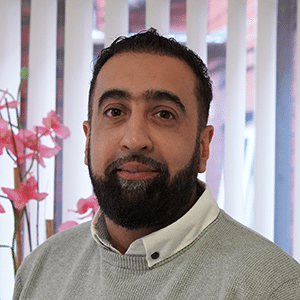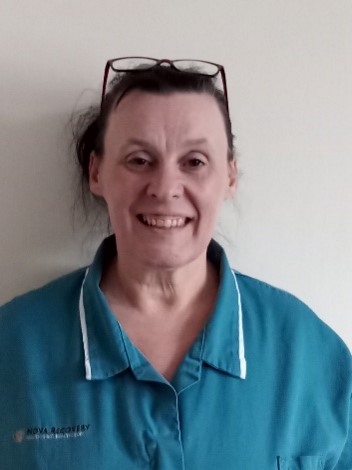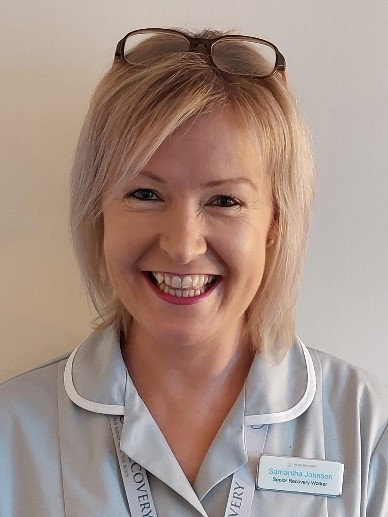What Happens During Inpatient Rehab?
Inpatient treatment plans offer a comprehensive journey through addiction recovery. That journey involves various treatments, therapies, recovery commitments and planning sessions.
Detoxification
Alcohol detoxification programmes are offered through inpatient rehab. Providing a medically assisted programme, alcohol withdrawal can be aimed for with assurance. 24/7 medical care is available for all clients whilst working through expected withdrawal symptoms and cravings.
Detoxing from alcohol is essential, in order to eliminate an internal build-up. Alcohol detoxification is the first step of rehab, offering a clean slate.
Some clients will also benefit from alcohol detoxification medications, which are prescribed to manage symptoms and reduce future relapse risks. Clients are assessed and treated on a one-to-one basis, meaning that prescriptions will only be made where necessary.
Therapy sessions
Therapy sessions are inclusive of inpatient treatment. Sessions are delivered through individual, family, and group sessions, helping to manage the psychological symptoms of alcoholism.
Alcohol addiction is an emotionally testing disease to live with. It can deter mental health, damage relationships, adapt outlooks and reduce self-awareness. A range of therapy sessions will be promoted to regulate emotions, improve coping and rebuild the damages of alcohol use disorders.
Addiction therapies include:
Poor mental health is a direct symptom of alcohol addiction. Symptoms can make it harder to recover and increase the risks of a dual diagnosis. Mental health treatments, such as talking therapies, wellness sessions and medical prescriptions are offered to manage symptoms.
Through inpatient rehab, a recovery-driven plan can be worked through, focusing on influences, wellbeing, and relapse prevention.
Holistic therapies
Holistic therapies are safe and target all-round recovery. A holistic approach to treatment will be incorporated into inpatient rehab, offering additional services such as mindfulness, meditation, spirituality, and alternative therapies.
Wellness and nutritional plans
Alcohol can significantly suppress physical health and wellbeing. It can cause malnourishment, deficiencies, and unpleasant side effects. To rebuild the body and to develop healthy intentions, wellness and nutritional plans are offered through inpatient rehab.
Plans are led by specialist coaches, nutritionists, and personal trainers to improve relationships with food, exercise, and movement.
Educational sessions
Understanding addiction, personal triggers and risks of relapse are imperative in order to manage the condition. Educational sessions are delivered through alcohol rehab to boost awareness and confidence whilst working towards long-term recovery.
Alcohol addiction is a complicated, highly stigmatised brain disease. With greater awareness, myths can be overlooked whilst focusing on effective recovery steps and coping techniques. Recommendations on how to lead a sober lifestyle will be made, helping to ease post-rehab life and improve the chances of remaining sober.
Family visits and sessions
By checking into and completing inpatient rehab for alcohol addiction, family involvement can be opted for. Family visits, therapy sessions and educational workshops can be arranged.
Reasonably it can be difficult to pause everyday life to complete rehab. Visits can help to bridge the gap, whilst treatments can assist with rebuilding relationships, trust, and mutual understanding.
Relapse prevention planning
Planning is also focused on through residential rehab. In order to remain sober, the tools of recovery must be carried forward. Planning sessions are designed to incorporate such tools into everyday life, helping to prevent relapse and work through any risks.
Relapse prevention planning will also be focused on through aftercare and 12-step recovery plans, which are inclusive of inpatient rehab.



















